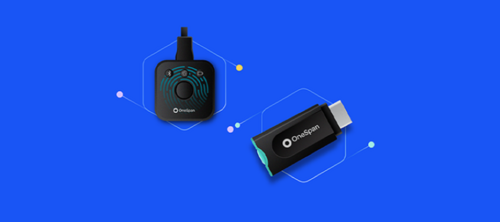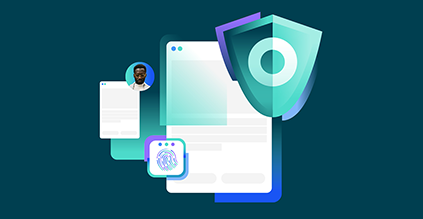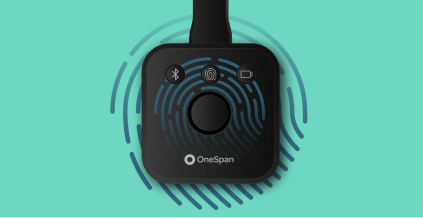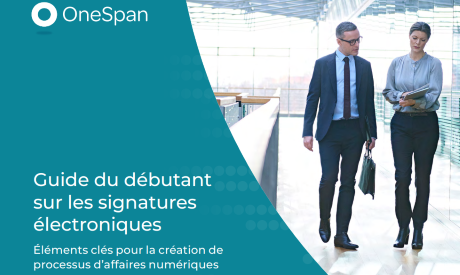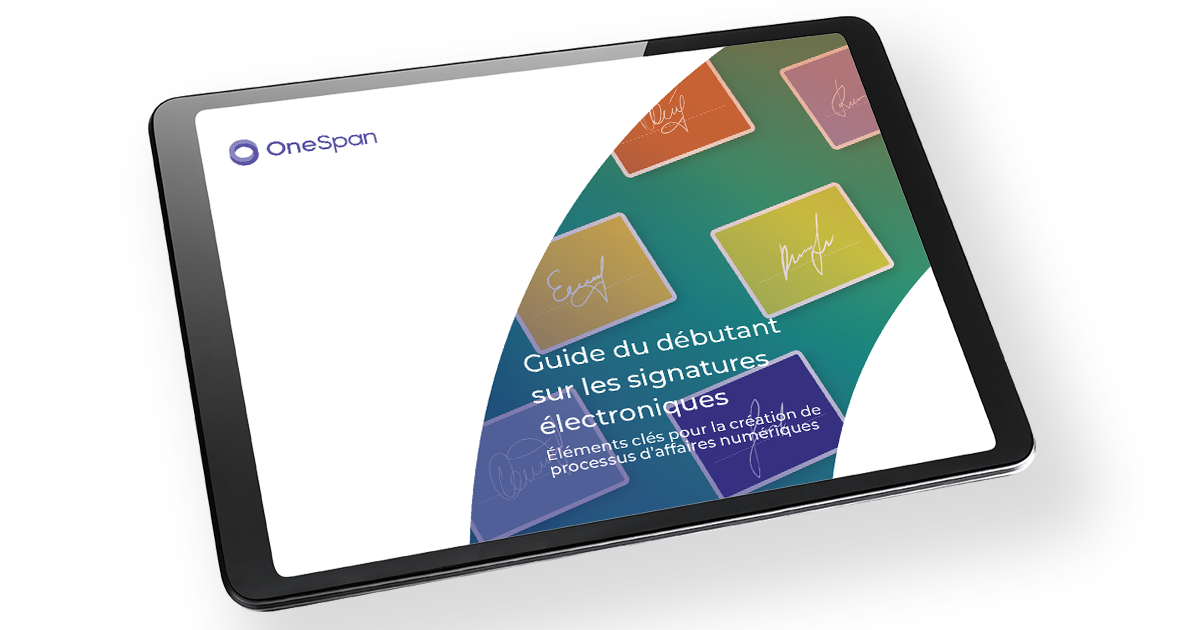Série d'entrevues des leaders de la pensée : Veuves écossaises

Entretien avec David Holton, directeur des propositions d'entreprise, pensions et investissements chez Scottish Widows.
Numérisation dirigée par le client
« J'ai l'impression avec beaucoup de passion que le membre final est la raison pour laquelle nous sommes ici, et c'est leur parcours de bout en bout que nous essayons vraiment de revigorer. »
David Holton, Veuves écossaises
Insightive.tv : Quelle est l'importance de la numérisation de bout en bout pour votre modèle d'affaires actuel et futur?
David: Nous estimons certainement qu'il est impératif maintenant, sur le marché, de traiter et de soutenir les gens qui utilisent la technologie numérique d'une manière à laquelle l'industrie de l'assurance n'est pas habituée. Une grande partie de l'industrie, à l'heure actuelle, est encore tout à fait sur papier et s'appuie sur des processus manuels. Nous cherchons à améliorer l'automatisation et les capacités numériques en investissant 50 millions d'euros dans la refonte de l'ensemble du parcours client de bout en bout à travers nos services de conseillers, d'employeurs et d'employés.
Chez Scottish Widows, nous avons eu le réel avantage de faire partie du Lloyds Banking Group et d'assister à de grands progrès dans le secteur de la banque de détail et commerciale. Ils sont à la fois transactionnels et éducatifs, ce qui a permis à nos clients de mieux comprendre leurs finances.
Ce que nous faisons chez Scottish Widows, c'est d'apporter cette capacité à une partie du marché qui n'en a pas encore fait l'expérience. Notre stratégie est de l'examiner en trois parties. Nous avons des conseillers qui veulent être en mesure de traiter avec nous d'une manière plus transparente et qui développent leurs propres capacités technologiques que nous devons prendre en compte. Nous avons des clients employeurs qui ont besoin d'information sur la façon dont la législation modifie leurs exigences et leurs responsabilités en matière de retraite. Nous voulons faciliter le processus de faire des affaires avec nous et prendre une grande partie des préoccupations de données administratives loin de l'employeur grâce à l'automatisation. Enfin, nous avons les membres individuels qui sont propriétaires des pensions. J'ai l'impression avec beaucoup de passion que le membre final est la raison pour laquelle nous sommes ici, et c'est leur parcours de bout en bout que nous essayons vraiment de revigorer.
Nous voulons faciliter les processus d'authentification et fournir des services éducatifs numériques. Historiquement, il n'a pas été facile d'accéder à même des informations assez élémentaires sur leurs pensions et leurs économies à long rendement, que nous voulons maintenant fournir. En fin de compte, nous nous demandons — pouvons-nous faire des choses pour rendre les pensions plus intéressantes et plus attrayantes pour notre clientèle?
Je pense qu'il y a un réel besoin pour le membre final de comprendre la valeur de l'épargne à long terme. La législation a été très bien à débloquer un intérêt pour les pensions qui n'a jamais vraiment été là avant. Mais l'une de mes préoccupations est qu'il y a une lacune créée sur le marché par cette liberté supplémentaire qui arrive en même temps que certains conseillers s'éloignent de certains services en raison des restrictions concernant la commission sur certains produits.
Faire partie de Lloyds Banking Group nous donne une occasion unique de profiter d'une partie de l'expérience que nous avons eue dans le commerce de détail et les services bancaires commerciaux et de mettre en place quelque chose qui est vraiment convaincant pour nos clients de pensions.
Insightive.tv: Est-ce que cela signifie que vous voyez la plupart des moteurs vers la numérisation comme externes?
David: Pas tout à fait, mais c'est certainement un facteur important. Nous constatons une augmentation de la demande des clients pour l'engagement numérique. La génération millénaire s'attend certainement à être en mesure de transigavec avec nous sur leurs smartphones. Ils ont l'habitude de le faire avec leurs services bancaires, alors ils veulent être en mesure de le faire avec leurs produits d'assurance et d'épargne à long terme. Nous avons aussi un réel désir d'aider à soutenir et à guider les gens à travers quelque chose qui est assez complexe. Et, par conséquent, il ya aussi une poussée de notre côté pour faire plus et le faire mieux pour ces clients.
Insightive.tv : Comment avez-vous développé votre stratégie et votre agenda de transformation numérique ?
David: J'ai pris une équipe de gens triés sur le volet de tout notre groupe. Les gens des opérations, des finances, des risques et bien d'autres — essentiellement l'ensemble du système. Ils ont été amenés à Londres pendant six semaines et nous avons tracé tout un processus de bout en bout pour numériser les pensions à toutes les étapes du voyage. Il s'agit d'offrir des solutions numériques aux personnes qui veulent ouvrir un régime de retraite à ceux qui prennent leur retraite. Notre objectif était d'examiner cette question du point de vue de ce que nous créerions si nous pouvions partir de zéro et ne pas avoir à tenir compte des systèmes ou des processus existants.
Cette carte client que nous avons créée nous a permis de nous concentrer sur ce que nous percevons comme les principales choses qui amélioreraient l'expérience client — ces clients étant des conseillers, des employeurs et des employés. Nous avons créé quelques environnements où nous sommes en mesure de tester certaines choses sans les avoir dans l'environnement vivant. Tout cela a été fait aux côtés de nos clients, en utilisant leurs commentaires le long du chemin pour livrer au rythme et de créer une offre vraiment différenciée. Nous avons également investi du temps dans le renforcement de ce programme pour l'avenir, en plus de renforcer les capacités numériques pour les clients.
La façon actuelle de fournir le changement peut prendre des semaines ou des mois pour passer par l'ensemble des essais de bout en bout et le processus de construction. Il existe de nouveaux outils qui peuvent réduire ce temps à quelques minutes ou jours. Étant donné que nous avons maintenant rempli cette capacité, cela nous permet de travailler à un rythme qui n'était pas possible auparavant. Cela nous a également permis d'introduire les tests clients dans le processus de développement, plus tôt, et beaucoup plus facilement et largement.
En l'espace de seulement huit mois, nous avons développé un système numérique qui est maintenant dans l'environnement en direct Lloyds. Le vrai différentiel dans notre processus de développement est qu'il était vraiment axé sur le voyage du client, et quand nous avons conçu cela, nous l'avons fait avec nos clients à chaque étape du processus.
Nous examinons maintenant la demande qui découle de ces développements. Il ne s'agit donc pas seulement de construire quelque chose qui donne aux clients l'accès à leurs économies à long terme. Nous cherchons à construire quelque chose qui stimule la sensibilisation et la capacité de traiter d'une manière que les clients veulent. Ce que j'essaie de faire autant que possible, c'est de chercher l'inspiration en dehors des services financiers. Tout le monde parle de ce que font les autres compagnies de retraite ou d'assurance. Nous avons élargi le filet et examiné ce que font d'autres industries et entreprises qui attirent les gens numériquement — quel aspect de leur service excite vraiment les gens?
Insightive.tv : Quels sont les plus grands défis auxquels vous avez été confronté pour mener ces projets de numérisation?
David: L'un des défis que vous avez à exécuter un programme comme celui-ci n'est pas de se laisser emporter par la quantité de choses qui sont là-bas. Ce que nous essayons de nous spécialiser en ce moment, ce sont ce que les gens et les clients nous disent sont importants pour eux, plutôt que de simplement aller après la prochaine nouvelle technologie.
J'essaie d'avoir une approche assez structurée à cet égard. Pour nos clients employés, la priorité numéro un est d'aider les gens à se connecter facilement, à comprendre ce qu'ils ont dans leur pension et à leur fournir de bons outils et de bons conseils pour mieux comprendre cela. L'accès et l'engagement sont essentiels. Nous commençons avec les bases et l'utilisons pour permettre à nos clients de guider nos prochaines étapes. Cela permettra de s'assurer qu'ils sont les plus pertinents que nous pourrions faire.
Pour nos clients employeurs, nous concentrons notre investissement numérique sur les interactions régulières que nos clients existants doivent faire avec nous, comme payer les dossiers de contribution. Nous voulons que cela soit aussi simple et efficace que possible pour rendre l'expérience client continue aussi simple que possible.
Bien sûr, nous sommes également à la recherche de ce que les nouvelles et passionnantes façons il ya pour créer cet engagement et amener les gens à mieux comprendre la valeur de l'épargne à long terme - regarder cet espace!
Insightive.tv : Ces considérations ont-elles une incidence sur ce que vous voyez à l'avenir pour la transformation numérique dans le secteur des pensions?
David: Absolument. Je pense que l'essentiel pour moi, c'est qu'il s'agit de bien plus que de la numérisation. L'important est de numériser les choses qui devraient être numérisées, là où elles sont pertinentes pour les clients.
Donc, nous ne prenons pas seulement nos processus actuels et de les mettre en ligne. Tout d'abord, nous veillions à ce que nos processus soient aussi efficaces que possible, puis nous nous efforçons de déterminer s'il est juste de les numériser. À mon avis, il y aura toujours certaines choses au sein de cette industrie qui conserveront un certain niveau d'interactions manuelles. Les réclamations de deuil serait un bon exemple de celui où réellement avoir cette interaction personnelle avec le client est toujours la bonne manière de soutenir ce besoin de client.
C'était exactement l'objectif de notre processus de cartographie — examiner de plus en plus tous nos services et décider où le numérique ajouterait vraiment de la valeur à ce processus. Nous sommes incroyablement sérieux quant au rôle que le numérique peut jouer dans ce marché. Et nous faisons un investissement assez important dans la conception de quelque chose qui convient aux clients et d'avoir cela comme principal moteur. Les tests clients que nous faisons, et le fait que les clients sont là dès le début, nous aide non seulement avec la conception, mais l'itération. Il s'agit d'un facteur de différenciateur clé de ce que nous faisons et de la façon dont nous le faisons.
David Holton
Directeur des Propositions d'Entreprise, Prensions et Investissements, Scottish Windows
Nous nous sommes assis avec David pour comprendre comment l'innovation client numérique a eu un impact sur le succès chez Scottish Widows. Scottish Widows offre des produits d'assurance-vie, d'épargne et de retraite, ainsi que des services d'investissement à près de six millions et demi de clients. Fondée en 1815, Scottish Widows fait maintenant partie du Lloyds Banking Group et est l'une des sociétés de retraite les mieux classées pour la satisfaction de la clientèle.
Publié à l’origine le 20 octobre 2016, cet article fait partie d’une série d’entrevues produites par Insightive et OneSpan (anciennement Dealflo). Insightive est un groupe industriel au Royaume-Uni axé sur la passation de marchés financiers et la transformation numérique. Acquis par OneSpan en 2018, Dealflo est un leader dans les services de vérification d'identité et d'automatisation des accords financiers de bout en bout.
